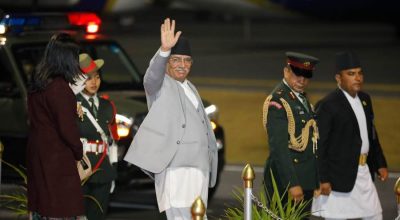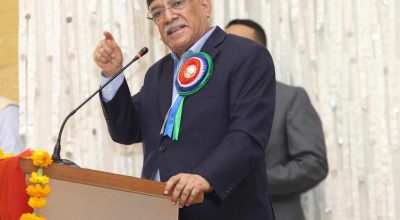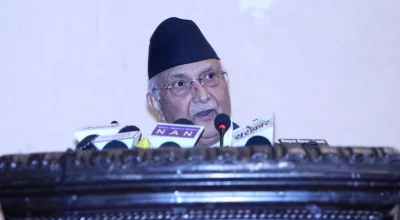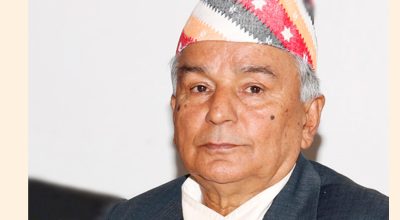
China June 23:
The high-level leaders’ meeting between China and the EU on Monday expressed the willingness for the two sides to continuously enhance mutual political trust amid coronavirus epidemic and the shadow of a US-instigated new cold war, paving the way for reaching a bilateral investment agreement in the coming months, as some observers forecast. China and the EU are not systematic rivals, Beijing and Brussels should put consensus above divergences on some issues such as Hong Kong and Xinjiang to fuel world’s recovery in the post-epidemic era, they noted.
The 22nd EU-China summit took place on Monday via videoconference during which Chinese President Xi Jinping and Premier Li Keqiang met with Charles Michel, President of the European Council, as well as Ursula von der Leyen, President of the European Commission. Issues addressed at this virtual meeting included cooperation on the COVID-19 response, China-US relations, and other global and regional issues.
Xi stressed that there is no fundamental conflict between China and the EU, and cooperation outweighs competition, so does consensus that exceeds divergences. China is a partner to EU rather than being a rival, the Chinese President said, urging that two sides to become major forces of safeguarding global peace and stability.
During the meeting, Premier Li and the EU leaders noticed the progress made in the negotiations and reaffirmed that both sides were committed to concluding the China-EU Comprehensive Investment Agreement in 2020, the Xinhua News Agency reported Monday.
The two sides are eager to enhance trust to achieve concrete results for the overdue investment agreement by the end of 2020, highly likely in November, Wang Yiwei, the director of the institute of international affairs at Renmin University of China in Beijing told the Global Times.
China and EU have been negotiating on the comprehensive agreement on investment since November 2013, and are scheduled to hold the 30th round of negotiations between June 29 and July 3.
“As Germany takes the lead in the EU as it will assume the rotating presidency from July 1 to December 31, it’s an urgent task for German Chancellor Angela Merkel to finalize the agreement before December, given it could be her political legacy,” Wang said.
The summit took place against the backdrop of the US rallying its Western allies to continue exerting pressure on the Chinese government over a number of matters, such as the epidemic response, upcoming national security law for Hong Kong, Xinjiang governance and human rights.
The EU’s differing views on the upcoming national security law for Hong Kong are conceivable. Although the EU now stresses its geopolitical realism, it is also emphasizing its own values. Such differences have a long history and cannot be concealed, said Wang.








प्रतिक्रिया दिनुहोस्